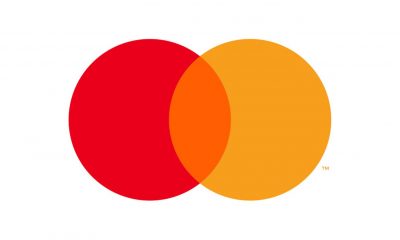Now in its fourth year, Deloitte’s Women @ Work: A Global Outlook, a survey of 5,000 women in workplaces across 10 countries, explores some of the critical workplace and societal factors impacting women’s careers. Rising stress levels and poor mental health persist. And fewer women report feeling supported by their employers to balance work responsibilities with their commitments outside of work—a trend that is leading some women to switch employers.
Although women working in a hybrid model are reporting better experiences this year than last, many have recently been asked to return to the office and are reporting adverse effects on their mental health and productivity.
This year, the report also further explores women’s physical health, revealing a startling number of women working through pain or symptoms related to menstruation, menopause, and fertility. It also reveals worrying statistics on safety and non-inclusive behaviors in the workplace.
“Despite a small number of improvements since last year, our survey tells us that women are facing mounting pressures in the workplace, their personal lives, and in their communities,” says Emma Codd, Global Chief Diversity, Equity, and Inclusion Officer, Deloitte. “Globally, women feel their rights are backsliding, they are experiencing increased stress and taking on the majority of household tasks at home. Alongside this they are experiencing non-inclusive behaviors at work, are concerned for their safety and feel unable to disclose when they are experiencing women’s health challenges. This is a situation that must change—and employers must enable this.”
Half of women say their stress levels are higher than they were a year ago and a similar number say they’re concerned or very concerned about their mental health. Mental health is a top three concern for women globally (48%), falling behind only their financial security (51%) and rights (50%).
Women are feeling the weight of misbalanced caregiving and domestic responsibilities. Notably, 50% of women who live with a partner and have children say they take the most responsibility for childcare—up from 46% in 2023, with only 12% saying this falls to their partner. Further, 57% of women who live with a partner and are involved in care of another adult say they take the greatest responsibility for this—up from 44% in 2023, while only 5% say this responsibility falls to their partner.
Meanwhile, more than two in five women bear the most responsibility for cleaning and other domestic tasks, similar to 2023. These pressures are taking a toll: women who take on the greatest share of household responsibilities are far less likely to say they have good mental health than those who do not. And nearly half say they have taken time off work for mental health reasons in the past year, compared with just under a quarter of women who don’t have the greatest responsibilities for these tasks.
The result of this disproportionate allocation of responsibilities makes it more challenging for women professionally—only 27% of women who bear the greatest responsibility at home say they can disconnect from heir personal life and focus on their careers.

 Cover Story10 hours ago
Cover Story10 hours ago
 Cover Story12 hours ago
Cover Story12 hours ago
 IT in Banking12 hours ago
IT in Banking12 hours ago
 Start-ups/Fintech12 hours ago
Start-ups/Fintech12 hours ago